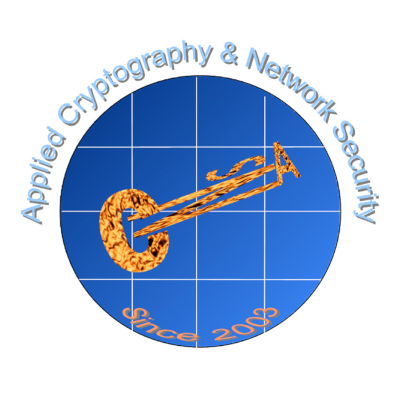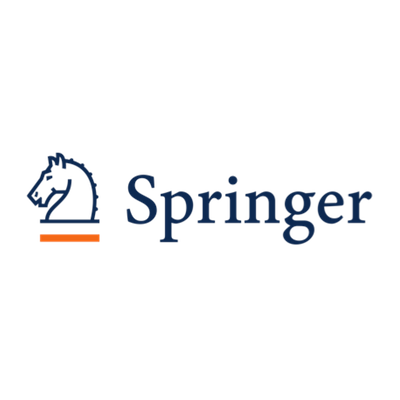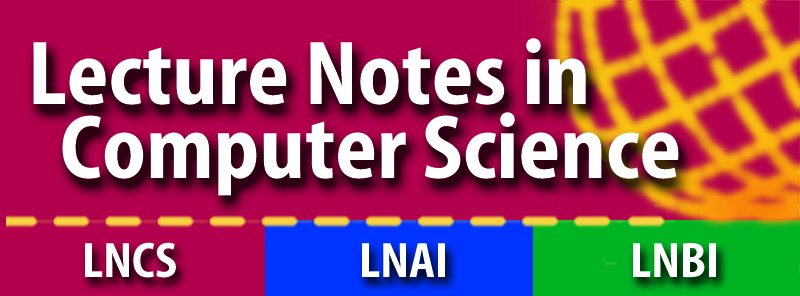Submission
We encourage researchers working on all aspects of AI and HW security to take the opportunity and use AIHWS to share their work and participate in discussions.
The authors are invited to submit the papers using
EasyChair submission system through submission link
https://easychair.org/my/conference?conf=aihws2024.
Submitted papers must be written in English and be anonymous, as we follow the double-anonymized review process, with no author names, affiliations, acknowledgments, or any identifying citations. All submissions must follow the original
LNCS format with a page limit of 18 pages, including references and possible appendices. Papers should be submitted electronically in PDF format. The post-proceedings will be published in Springer’s LNCS series.
Every accepted paper must have at least one author registered for the workshop.
There will be an ACNS best workshop paper award (with 500 EUR prize sponsored by Springer), to be selected from the accepted papers of all workshops.
Students also have the opportunity to receive the student travel grant, for details, see this website.
Important dates (AoE)
EXTENDED submission deadline!
Workshop paper submission deadline: Dec 5, 2023
previously Nov 15, 2023
Workshop paper notification: Jan 10, 2024
previously Dec 22, 2023 Jan 5, 2024
Camera-ready papers for pre-proceedings: Jan 20, 2024
previously Jan 9, 2024
Workshop date: Mar 5, 2024


